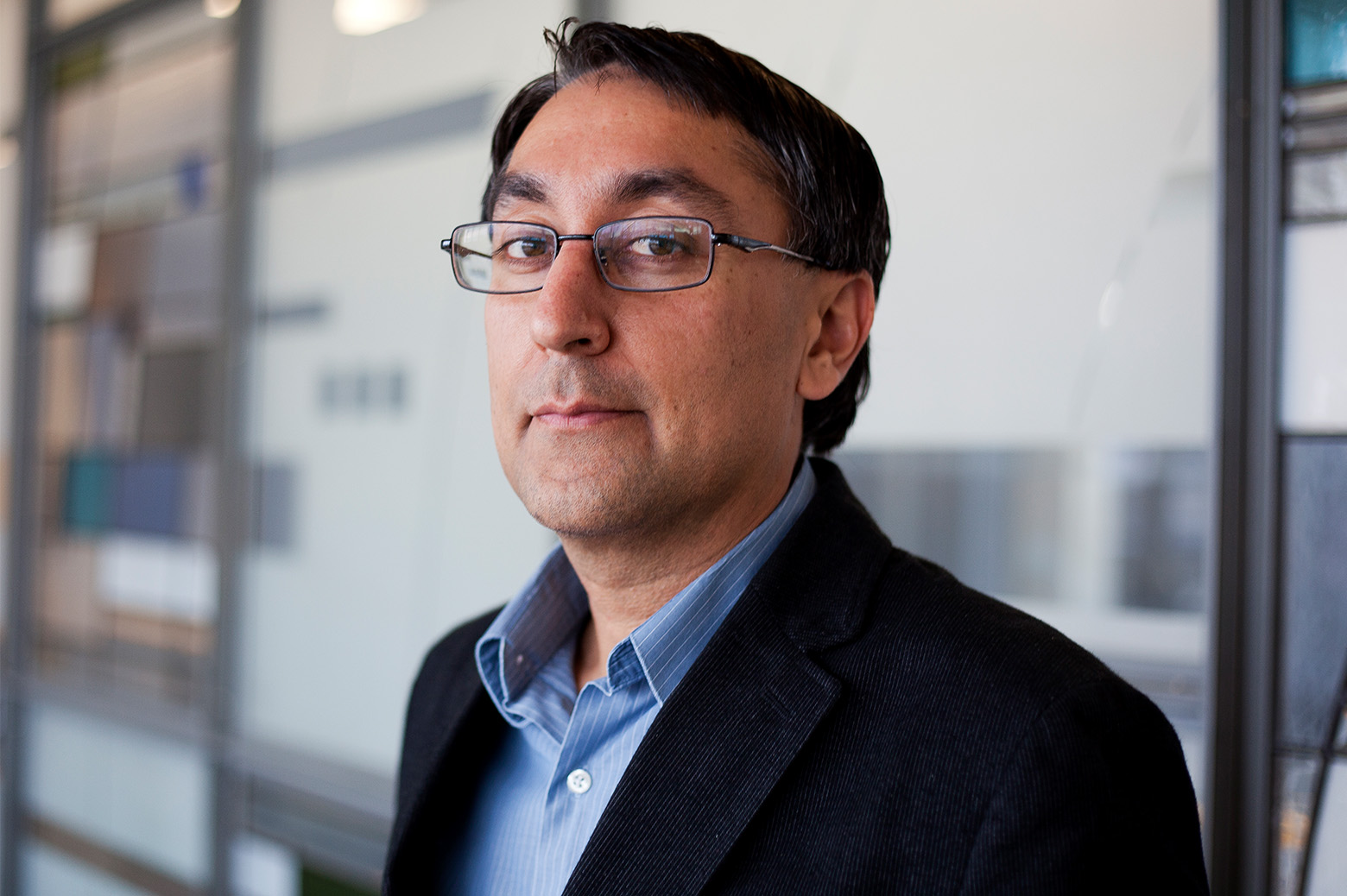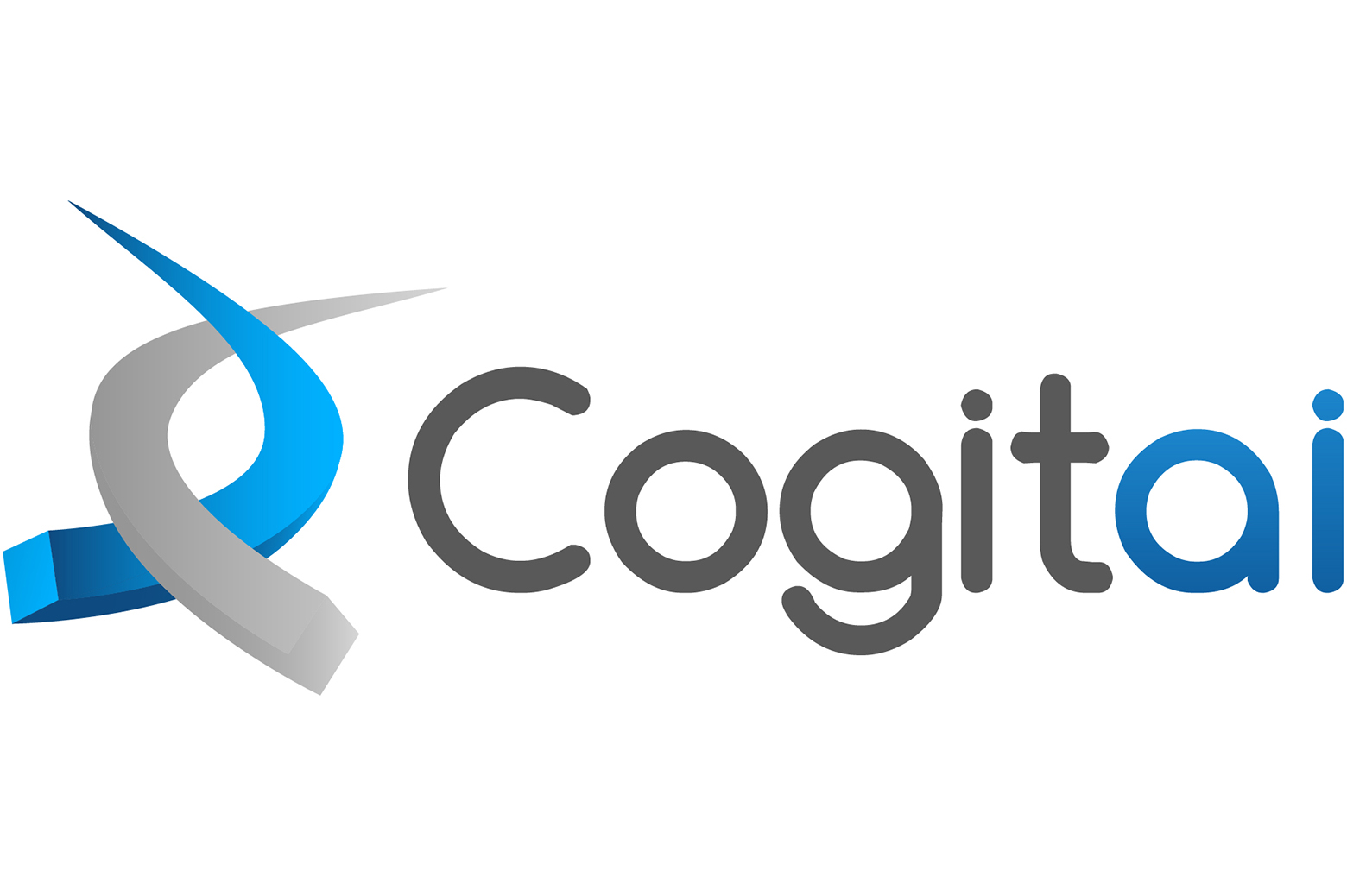New venture is on the path to build continual learning AIs
Cogitai was formed with the aim of developing AI technology that empowers machines to learn from interaction with the real world.

 Enlarge
Enlarge
Smarter, increasingly more able artificially intelligent (AI) systems are beginning to emerge from labs. A new player in this space is Cogitai, Inc., a startup founded by Prof. Satinder Singh Baveja, Mark Ring, and Peter Stone (UT Austin) and fueled by investment from Sony.
Cogitai, a continual learning company, was formed in September 2015 with the aim of developing AI technology that empowers machines to learn from interaction with the real world, enabling everyday things that sense and act to get smarter, more skilled, and more knowledgeable with experience.

 Enlarge
Enlarge
“Cognitai will build upon decades of research in the fields of Reinforcement Learning and Deep Learning, harnessing recent progress, but going well beyond current technology to create systems that learn for themselves how the world works in ways reminiscent of how human children do,” according to Prof. Baveja, who serves as Chief Scientist at Cogitai. “Our goal is for our systems to develop an understanding of the real world well beyond that of existing AI systems. Once a continual-learning system can begin to explore the world and build up knowledge on its own, it will discover, by itself, many of the same concepts and skills that we as humans have also learned. The potential for commercial application – from games to robotics to space exploration – is truly extraordinary.”
The company got a big boost when Sony announced on May 17, 2016 that it was investing an undisclosed amount of money to partner with Cognitai to collaborate towards the development of novel AI technologies using deep reinforcement learning with prediction technology that could be used as the basis for the next generation of AI applications and products.
“We believe that AI will be incorporated into numerous products and will eventually become commonplace,” said Dr. Hiroaki Kitano, President and Chief Executive Officer, Sony Computer Science Laboratories. “As this evolution happens, the most important thing to focus on is the benefit the technology brings to consumers. Because of this, the choice of domains, value propositions, and how one can align technologies to enable them to work together will be crucial. From this perspective the collaboration between Cogitai and Sony is a major milestone for the next wave of AI.”
Prof. Baveja also leads Michigan researchers in a $4.5 million collaboration with IBM aimed at developing a new class of conversational technologies that will enable people to interact more naturally and effectively with computers. That project is expected to result in a cognitive system that functions as an intelligent academic advisor for undergraduate computer science majors at the university.
Prof. Baveja holds a Ph.D. in Computer Science from the University of Massachusetts. He joined the University of Michigan in 2002. His main research interest is in building autonomous agents that can learn to be broadly competent in complex, dynamic, and uncertain environments. He is the Director of the Artificial Intelligence Lab and is a Fellow of AAAI.
 MENU
MENU 
